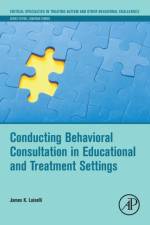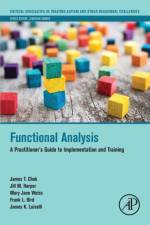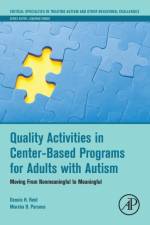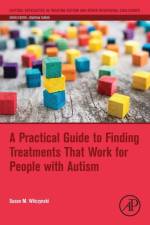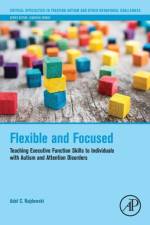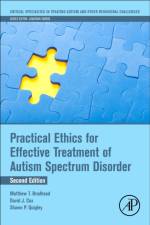- Teaching Executive Function Skills to Individuals with Autism and Attention Disorders
av Adel C. (Pepperdine University Najdowski
487
Flexible and Focused: Teaching Executive Function Skills to Individuals with Autism and Attention Disorders is a manual written for individuals who work with learners who struggle with executive function deficits. The manual takes the perspective that executive function skills can be improved through effective intervention, just like any other skills. This how-to manual provides practical strategies for teaching learners to be focused, organized, flexible, and able to effectively manage themselves. Ready-to-use lessons, data sheets, worksheets, and other tools for practitioners, educators, and parents are provided to help them tackle common problems associated with executive function deficits in learners of any diagnosis, ages 5 to adult. The principles of applied behavior analysis (ABA), which form the foundation of this manual, are translated into simple, easy-to-use procedures. Lessons for improving executive function skills in real-life everyday situations are provided in the following areas: Self-awarenessInhibition and impulse controlSelf-managementAttentionOrganizationProblem solvingTime managementPlanningWorking memoryEmotional self-regulationFlexibilityProvides an overview of what constitutes executive function skillsOutlines how techniques based on applied behavior analysis can be used to teach skillsPresents step-by-step lessons for practitioners, educators, and parents to implement with individuals with executive function deficitsIncludes data sheets, task analyses, worksheets, and visual aids

